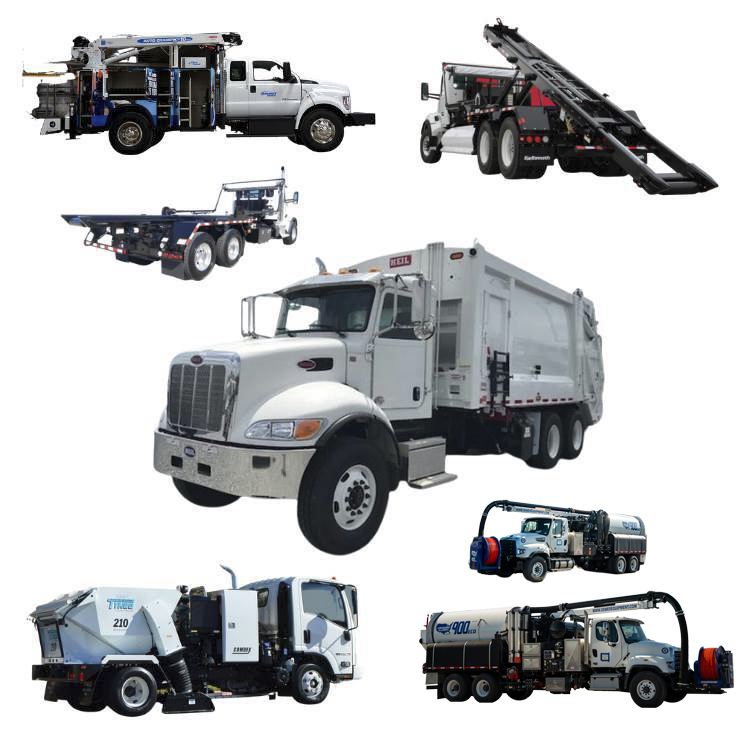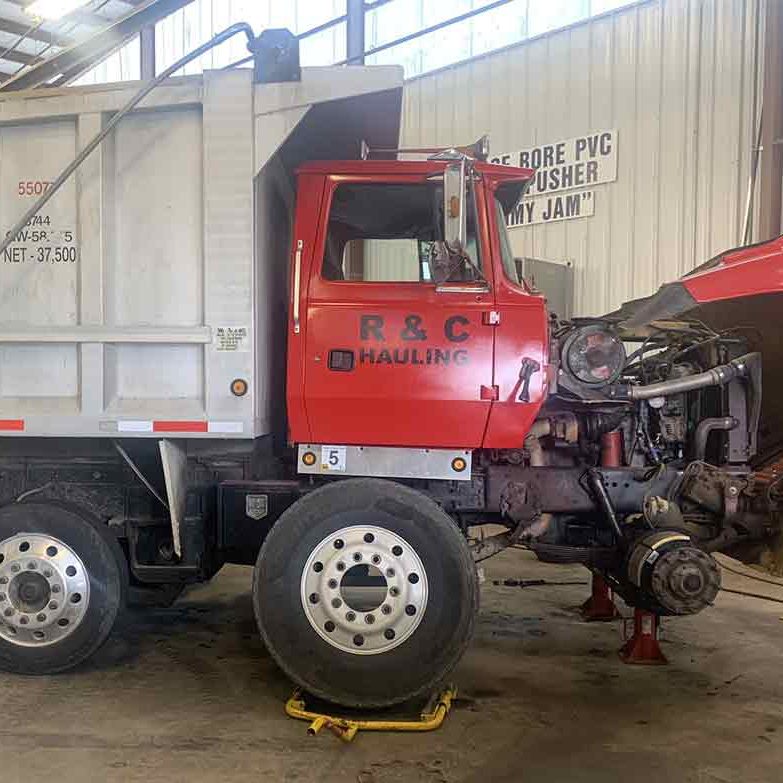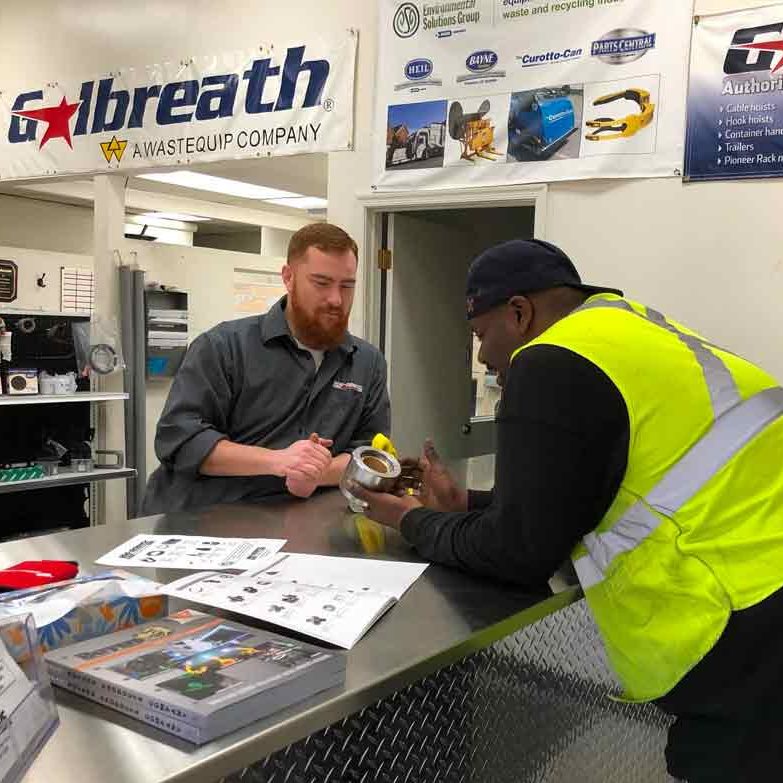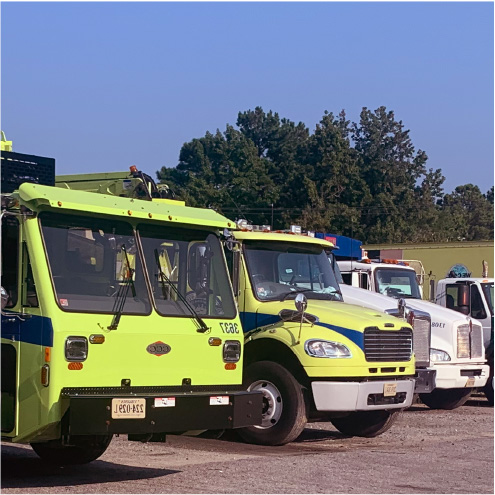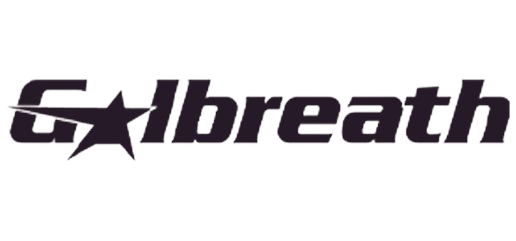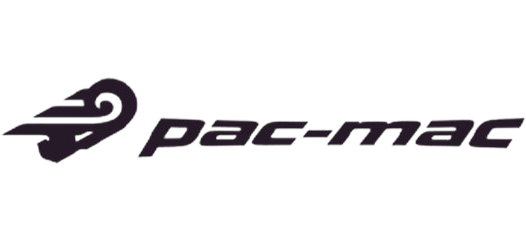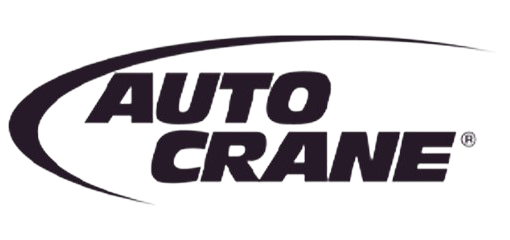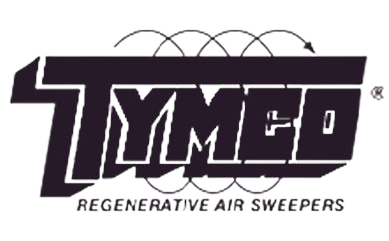
If you haven’t heard the term “Grey Collar Worker”, you’re not alone. The term evolved from research that was done for Express Employment Professionals by The Harris Poll in 2019 that was released as a whitepaper in early 2020. For too long jobs have been categorized as either blue-collar – a skilled, physical/manual job – and white-collar – a professional, office-based job. These labels are antiquated and don’t represent the workers that make up the vast middle ground between the two.
Not to be confused with the term used to describe a retiree who is back in the workforce again, these “new” grey-collar workers combine some aspects of traditional blue-collar jobs with some aspects of traditional white-collar jobs. The grey collar category is expanding, and many new grey collar employees were once blue-collar workers. With the advent of advanced technologies, there are very few blue-collar jobs that don’t combine some aspect of technology these days creating skilled workers with specialized training beyond a high school diploma. These workers often have licenses, certifications, associate degrees or diplomas.
As automation and more technology become an even bigger part of our daily lives, companies have relied more heavily on adding those same features into their businesses to make them more efficient. Automation and technology will make some jobs obsolete, but it has also created and will continue to create more grey-collar jobs.
“In the modern workforce, businesses and employees must be willing to change and adapt to new technology, regardless of collar classification,” said Bill Stoller, CEO of Express. “Instead of panicking about how artificial intelligence will eliminate positions, we need to embrace these emerging grey collar roles and the opportunities they create.”
“Skilled workers that are able to thrive in this new technological world, will be increasingly in demand” (From “Between the Blue & White: The Grey Collar Workforce Whitepaper”). Jobs that were once considered blue-collar now incorporate elements of technology, meaning that workers have to be willing to learn to use company software programs, tablets and other electronic tools in roles where they never had to before. There is also a higher expectation for entry-level positions that will only increase as more baby boomers retire and younger workers enter the workforce.
Overall, grey collar workers are more satisfied in their jobs, believe they can make a good living financially, and are overall optimistic for their futures. Companies long known for blue-collar work will find themselves more reliant on grey-collar workers. And, those who fail to invest in technology, will fail to attract young talent.
To learn how Mid-Atlantic is incorporating advanced technology to help our team members work smarter and more efficiently, and how you can be part of our team, contact us at Careers

